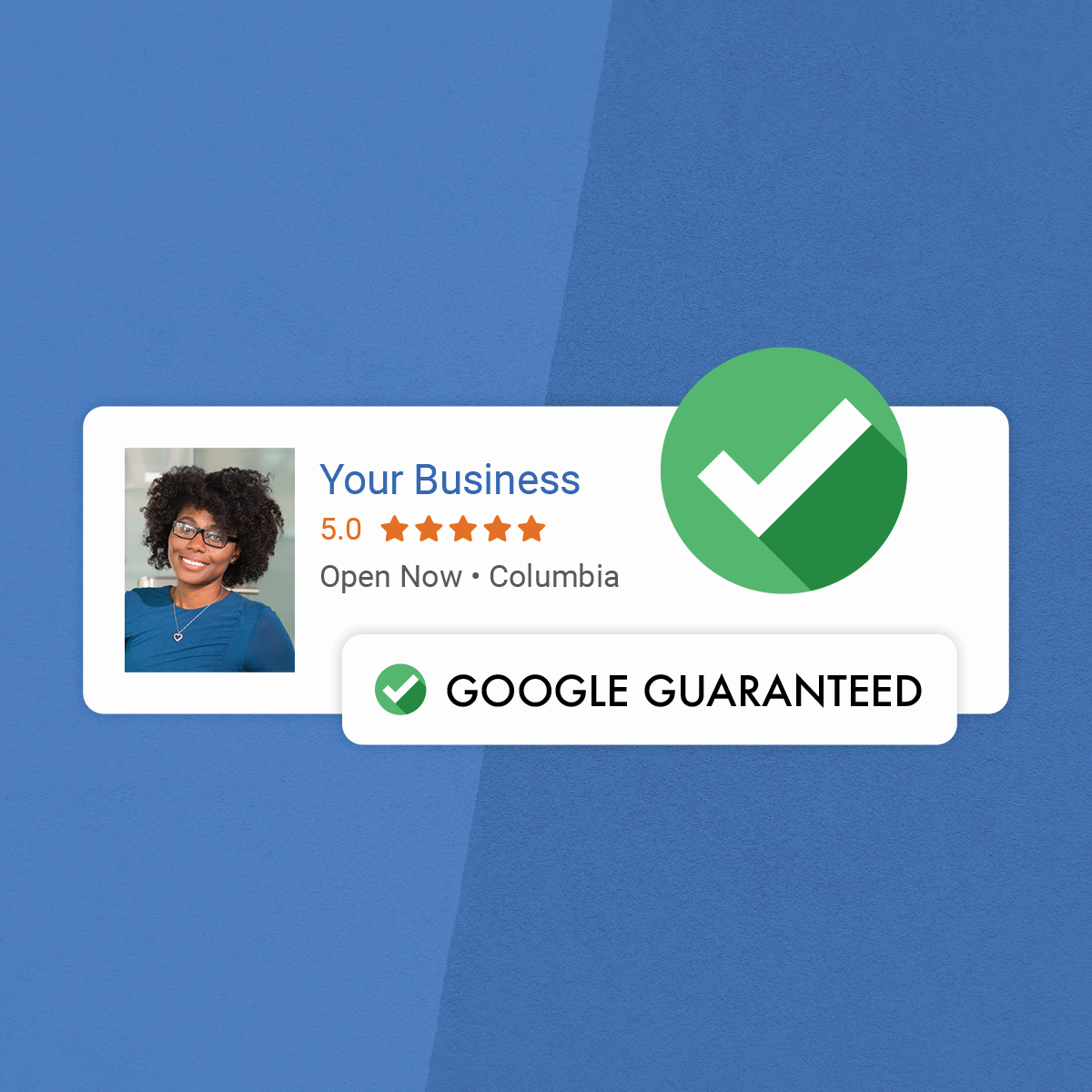Social Media: Black Hat vs. White Hat
In the SEO world, the titles “black hat” and “white hat” are for two very different ways of practicing SEO. In short, black hat SEO focuses on improving search engine rankings without following any search engine guidelines (this is bad). Conversely, white hat SEO optimizes your ranking strategies for the search engine, focusing on relevancy, searcher intent, and human interaction. Basically, black hat SEO tries to game the system, while white hat SEO tries to make the SEO system better for us all.
Recently, I came across an article discussing “black hat” social media strategies, and intuitively assumed that they would be very similar to black hat SEO. In fact, it’s a little more nuanced than that: black hat social media is essentially the practice of using a social media outlet for some kind of gain (likes, shares, follows, retweets, etc.), in a way that falls outside the specific media’s guidelines. Due to the differing policies of social media sites, such practices could include any variety of things, including buying fake likes, follows or shares, faking virality, making fake accounts to boost your main one, or writing faking reviews.
Needless to say, all of this stuff is bad news for anyone involved, and no one should perform any kind of “black hat” anything, lest they’d like it to later blow up in their face. With that said though, following are a few insights into the effects of these strategies, how to avoid them and lastly, a few tips for executing a “white hat” social media strategy.
“Black Hat” Social Media
Buying Likes, Followers, etc.: While buying your likes and followers may seem like a good idea for a rapid online popularity boost, and although it may even influence your search rankings right now, it is undoubtedly a bad long term strategy. Google’s search algorithm and the social factors that may be included in it, is getting smarter each and every day. Soon enough, Google will be able to decipher whether or not you bought your online popularity — and when that day comes, this strategy will definitely end up backfiring on you. Like almost everything else when it comes to business services, quality over quantity is better here. For instance, would you rather have 1,000 unengaged followers, or 200 brand advocates that constantly like and share the crap out of your content? Chances are, the 200 advocates will multiply into 1,000 fairly quickly, and you’ll be in Google’s good books for the whole deal.
Viral Fraud: Everyone wants to create a piece of content that goes viral. It can be a quick 15 seconds of fame, and in some cases it can even yield up to 275-plus million views. In some cases, people may feel that it’s in their best interest to buy some views to initiate their viral campaign. However, buying fake views to create the illusion that your piece of content is going viral is not only frowned upon — Google (which owns YouTube) can easily ascertain that you’re using this strategy since they are laser-focused on organic growth. Ever come across a video that says it has 301+ views? That’s because Google is measuring organic behavior and the quality of actual views in order to determine if it deserves to go viral or not. Inviting friends and followers to view, like and share your content is how you get the virality ball rolling, not by purchasing views so that a bot or an otherwise non-organic source can do so.
Faking Reviews: Whether you’re writing a stellar review of your own business, or writing one to badmouth a competitor, faking reviews is simply never going to work out in your favor. Google is well aware that local business owners are doing everything in their power to scam online reviews, and in turn Google has warned businesses by saying that they will take down any blatantly false reviews. Encouraging your customers to go online to leave you a review is fine, but make sure you are letting them know that they shouldn’t just point out the good things about the service — they should also point out areas where your company can improve.
“White Hat” Social Media
Social media tactics that are considered “white hat” will not only keep you safe from committing potential SEO fraud, such tactics are also designed to engage your following and to keep you at the top of mind.
Vhe Harlem Shake Effect: Who started the Harlem Shake? I honestly couldn’t tell you, but in late 2013, people, companies and even professional sports teams were doing the now-famous dance as the next biggest viral sensation. Perhaps needless to say, taking part in such viral trends certainly work to your benefit by engaging your audience. Most recently, the ALS Ice Bucket Challenge turned out to be a great opportunity for companies to participate. Not only did the videos bring out the fun side of a company brand, they also generated awareness for a disease that affects a lot of people. It’s a no brainer that all businesses should try to get involved in these viral campaigns — not only due to the fact that they’re fun, but also because people are going to engage with you through them.
Personalize Your Company: Sharing industry news and articles is great, but what really helps your company develop a personality online is sharing everyday things that go on in the office. Sharing photos of company events or your graphic designer being more fascinated by a box than most cats are things that people engage with because they give your company a human element. Incorporate this tactic into your social media strategy if you haven’t already; it’s a great way to show people that you and your company are not a bunch of robots working behind a computer screen.
Share Your Opinion: While I would say it’s probably a good idea to steer clear of political discussions in your social media strategy, offering your insights and opinions about updates and news in your industry is a great way to show your expertise and knowledge of what you do. Chances are, your followers could use that information to improve an aspect of their company, and they may even end up contacting you to help them.
Hats off — to White Hat Social Media!
Though Black and White Hat social media strategies aren't always as easily distinguishable as their titular colors, the main social media takeaway here is that if a strategy seems unnatural, you probably shouldn't be doing it. In essence, when Google or any other search engine is analyzing your social media presence, they're looking for natural engagement with the content you're sharing. That means White Hat techniques are met with higher rankings, and Black Hat tactics can be spotted from a mile away.

Jake Bowlby is a Senior Digital Marketing Strategist at Lift Division and has helped hundreds of businesses across Missouri grow sales and profits. Jake has considerable experience helping builders, contractors, restaurateurs and many other industries with brand development and lead generation.
GET A FREE ONLINE MARKETING ASSESSMENT!

Our FREE Aerial Snapshot will:
- Identify Valuable Keywords & Your Current Rankings
- Analyze Your Current Local Presence
- Review Key Performance Indicators on Your Website
- Assess Your Social Media Profiles
- Provide You with a Reputation Analysis







